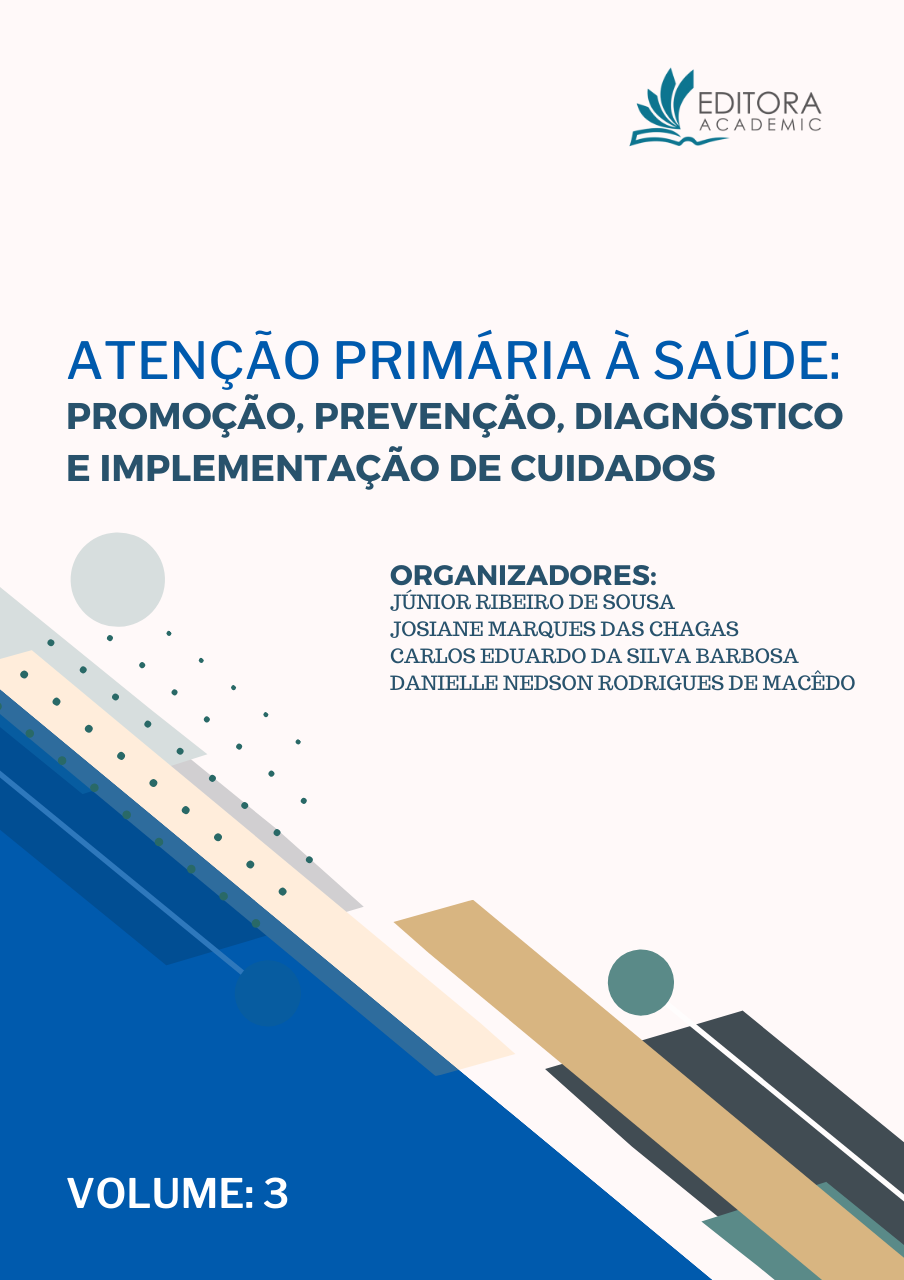
Objetivo: relatar a experiência da execução de ações de educação alimentar e nutricional em instituição pública de ensino infantil do município de Santa Cruz/RN. Metodologia: foram desenvolvidas intervenções de EAN por alunos do curso de Nutrição em um CMEI na cidade de Santa Cruz/RN, em uma turma de “Estágio V” com 22 alunos, das quais foram 4 visitas (1 diagnóstico e 3 intervenções). Para o planejamento das ações buscou-se associar ao planejamento pedagógico feito pela professora da turma e também com a Base Nacional Comum Curricular (BNCC). Resultados e Discussão: dentro deste processo de intervenções sobre EAN, foi possível identificar, principalmente, a não aceitação de frutas e o frequente consumo de alimentos ultraprocessados pelas crianças. Assim, foi possível trabalhar e articular as atividades com as crianças de acordo com as competências da BNCC, onde buscou-se coordenar habilidades manuais, expressão de ideias, desejos e sentimentos sobre suas vivências, por meio de desenhos, registrando observações e múltiplas linguagens. Com isso, foi perceptível que as crianças absorveram os conteúdos e interagiram ativamente durante as atividades e com os mediadores. Também, é oportuno discorrer sobre as percepções dos mediadores mediante os planejamentos das ações de EAN e as intervenções, os quais buscaram compartilhar o conhecimento científico de maneira leve e em uma linguagem acessível para a compreensão das crianças, além de somar à construção do profissional nutricionista, uma vez que permite o desenvolvimento de atributos positivos, como por exemplo reforçar o conhecimento adquirido sobre EAN. Considerações Finais: é importante destacar que a alimentação é formada a partir de comportamentos alimentares que o indivíduo vivencia e esses comportamentos quando repetidos se tornam hábitos, por isso, a importância da EAN como um instrumento de compartilhamento de informações e práticas alimentares em diversos setores e ambientes.